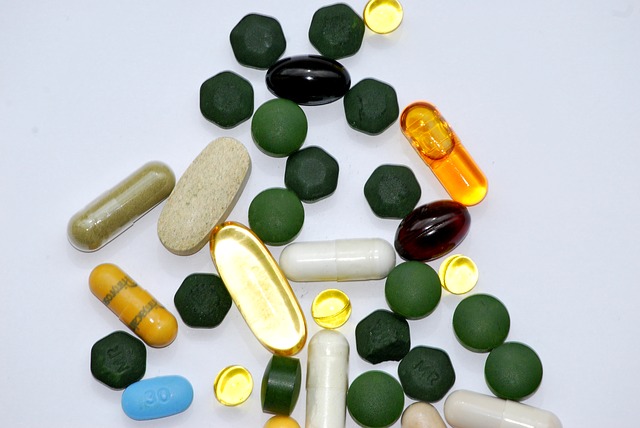Calcium and vitamin D are the essential building blocks of strong and dense bones. The former builds healthy bones, while the latter helps with its more efficient absorption. Sufficient levels of these two elements prevent bone density loss, osteoporosis, fractures, and other skeletal conditions.

But, as we age, it becomes harder and harder to replenish calcium just from food and sunshine. To avoid these problems at an older age, you should start taking care of your calcium intake ASAP. We are here to help you do it properly by debunking some of the myths related to calcium and vitamin D:
Myth #1: Calcium deficit affects only elderly Caucasian women.
The fact is that calcium deficit is most common in older Caucasian women. Some researches show that as much as 50 to 90 percent of them suffer from osteoporosis due to calcium deficit. However, the problem occurs in men (one in four men over 50) and in younger women, too. Even in children, although rarely. There are other factors, apart from the age and sex, that increase the risk of developing osteoporosis, such as certain medications (steroids, blood thinners, reflux medications, etc.). Abuse of alcohol and cigarettes does not help either.
Myth #2: Lactose-intolerant people are at a greater risk of weak bones.
Milk products are one of the richest sources of calcium. If you are suffering from lactose intolerance and cannot drink milk or consume any other dairy product without feeling belly pain, there are other ways you can replenish your calcium. One way are vegetables. Dark leafy greens, such as collards, broccoli, kale, bok choy, and spinach, can supply you with sufficient amounts of calcium. Then there are white beans, edamame, and okra. The other way are other nondairy foods, like figs, oranges and almonds.

Myth #3: Calcium supplements are not efficient enough.
The calcium from some supplements is even better absorbed than the calcium from food, as the supplements usually include vitamin D, which enhances calcium absorption. Plant based calcium supplements are practically calcium abundant plant meals in a different form. If you have trouble swallowing pills, the supplements also come as chewable gummies. They taste great.
Myth #4: Calcium supplements can be taken randomly.
If your blood calcium levels are low and not constant, your body will take some from your bones. If you are worried that you are not getting enough calcium from your diet (recommended dosage is at least 1,200 milligrams), and you decide on the calcium supplements, you should take them regularly to maintain acceptable calcium levels.
Myth #5: There is an ideal vitamin D dosage.
It is quite individual actually. Many adults have vitamin D deficit, but what would be an ideal daily dose has not yet been determined. The only way to deal with this is to do regular blood tests to check if the deficiency was remedied, and to adjust the dosage according to the results.

Myth #6: Taking calcium is enough to prevent osteoporosis.
Calcium is essential, but not sufficient. Taking osteoporosis supplements also reduces risks of falling to this illness. Also, your every lifestyle choice has to be healthy. You will need to avoid alcohol and smoking, keep your body weight in check, and exercise.
Myth #7: There is no such thing as too much calcium.
If your calcium levels are constantly higher than normal, do not ignore it. Hypercalcemia varies in severity and can even point to some more serious conditions. If you notice that your calcium levels are high, stop taking any supplements immediately and consult your physician.
Now that you know what you should do, it is time to build some strong bones.
















